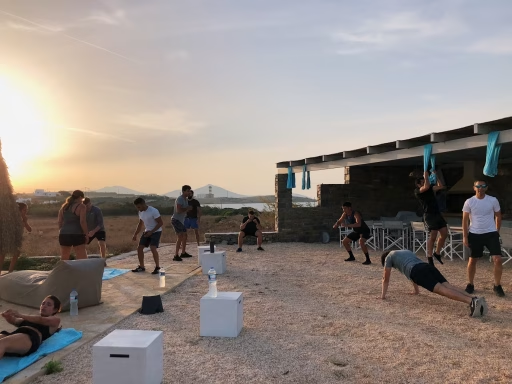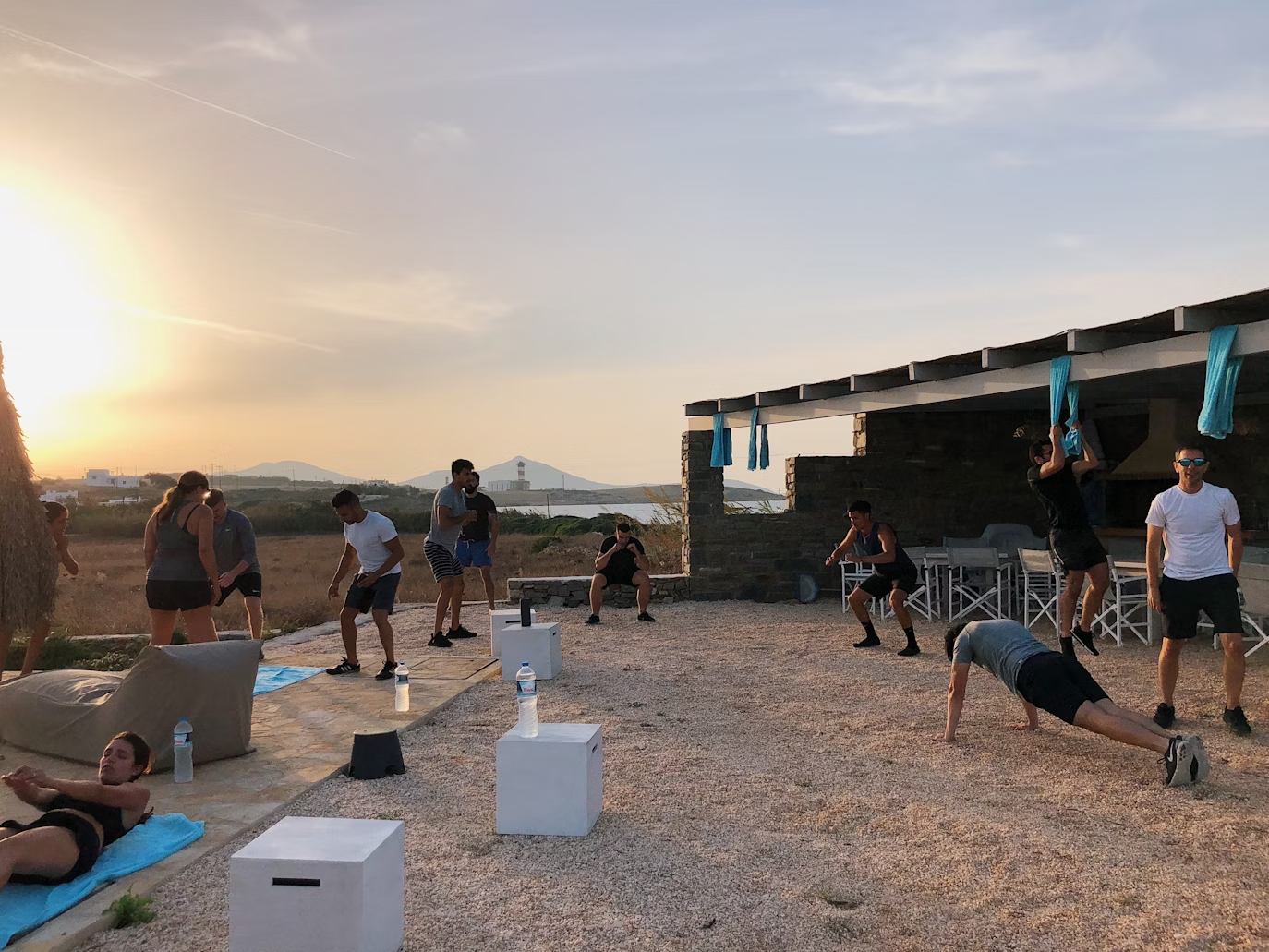The Continuous Nature of Physical Fitness: Why Your Health Doesn’t Have a Finish Line
Healthy’s Summary
We often treat fitness like a finish line—30-day challenges, weight goals, or gym milestones. But real physical fitness isn’t a project you complete. It’s something your body lives in, and it needs ongoing care, not perfection.
That’s what the continuous nature of physical fitness is all about: showing up again and again, even when motivation dips or life throws curveballs. It’s not about being perfect—it’s about learning how to keep going.
Age, energy, injuries, and stress all affect how fitness feels. That’s why the best approach is the one that grows and adapts with you.
Why Fitness Isn’t One-and-Done
You don’t finish brushing your teeth and then say, “Well, I’m done with dental hygiene forever.” Fitness is like that too—more habit than hustle. This idea, sometimes called the “Continuous Nature Physical Fitness Concept,” reminds us that fitness isn’t a one-time achievement. It’s an ongoing relationship with your body that shifts over time. That doesn’t mean it has to be high-intensity every day or locked into a strict routine. But it does mean staying in tune with yourself, whatever season you’re in.
The continuous nature of physical fitness shows up in small, steady patterns:
- Choosing to move even when it’s just a walk.
- Getting back into a routine after an off week (or month).
- Changing your workouts to support your life—not the other way around.
This mindset also makes space for breaks, injuries, vacations, and real life. Because consistency doesn’t mean “never missing a day.” It means returning to yourself—over and over again.
What “Continuous” Looks Like in Real Life
Everyone’s version of ongoing fitness will look different, but the thread is the same: it keeps going. Not perfectly. But intentionally. That’s really the heart of the Continuous Nature Physical Fitness Concept—movement that evolves with you, instead of sticking to one rigid formula.
For some, it’s a structured strength program that gets tweaked every few months. For others, it’s regular movement without a set plan—bike rides, walks, bodyweight exercises, dance breaks in the kitchen.
One week might be five workouts and clean eating. Another might be stretching and stress management. Both count. Why? Because the practice of paying attention to your body is what matters most.
How to Build a Fitness Practice That Keeps Going
Want to make physical fitness a lifelong habit—not just a short-term goal? Here’s where to start:
- Think long-term. Ask: “How can I move today in a way that supports the rest of my life?”
- Let your routine flex. The best fitness plans adapt with your energy, schedule, and age—not against them.
- Track trends, not days. One skipped workout doesn’t matter. A shift in consistency over a month? That’s worth noticing.
- Reassess your goals often. What worked for you 5 years ago might not make sense now—and that’s normal.
- Celebrate showing up. Progress isn’t just weight lifted or miles logged. It’s also the moments you kept going when it would’ve been easier to stop.
Need help putting this into action? We put together a smarter, more sustainable guide to help you design your own routine—one that shifts with your life instead of breaking down when things get busy. Build Your Fitness Plan: A Smarter Way to Stay on Track is packed with practical strategies for staying consistent without burning out.
Ask Healthy
Motivation Will Come and Go. Practice Doesn’t.
Everyone hits slumps. There will be weeks where movement feels like a chore, or months where life pulls your focus elsewhere. That’s not failure. That’s being alive.
The goal isn’t to stay motivated 24/7—it’s to make movement such a part of your life that you return to it without needing to hype yourself up every time.
You don’t need to be perfect. You just need to keep going.
The Takeaway
Physical fitness isn’t a race to the finish line—it’s more like a road that winds, dips, and sometimes loops back. The Continuous Nature Physical Fitness Concept is what helps turn short-term goals into sustainable, lifelong habits. You don’t need to be at your peak to be on the path. You just need to keep walking it.
Want to dig deeper?
Optimize Health Today for a Longer, Stronger Tomorrow
Longevity optimization is a personalized journey focused on empowering you to build habits and adopt practices that promote a long, healthy, and fulfilling life. Engaging conversations provide science-backed insights, tools, and actionable guidance to help optimize physical health, mental resilience, and lifestyle habits that are proven to support longevity. You can explore topics like nutrition, exercise, cognitive health, sleep optimization, and stress management.
Enroll in one of Healthy’s Programs to log, track and learn more about your Health, one conversation at a time.
Learn More




